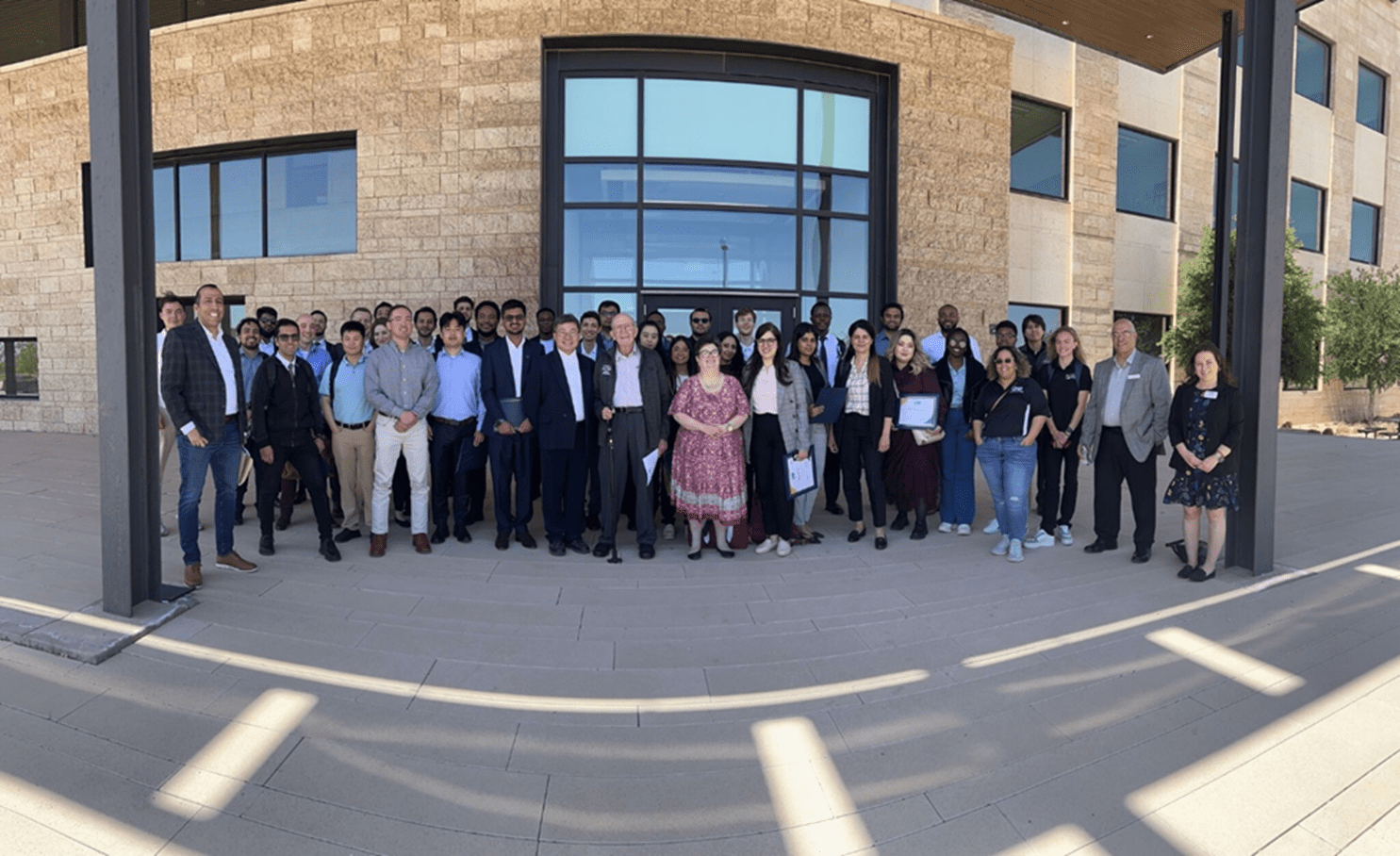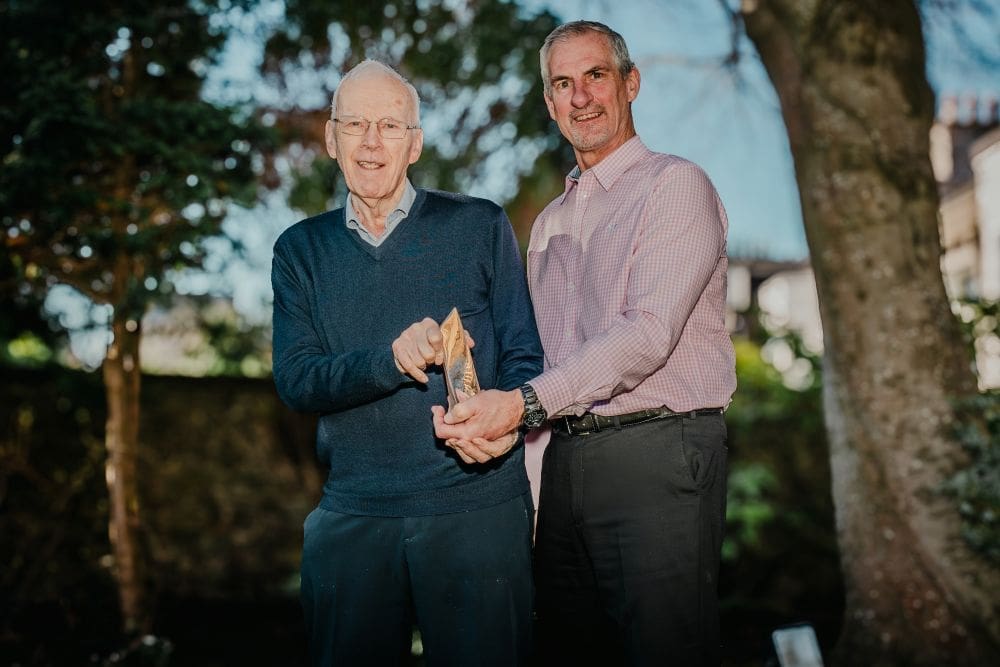Growing up, I watched my father and his father become well-known and respected in our community for their charitable acts and service. To me, volunteering was always about giving back, paying it forward, or helping others. But as I got older, I realized that volunteering doesn’t just help the community – it also brings many personal and professional rewards that are often overlooked.
Related: What Learning Danish Really Taught Me (Section 1.1) expands on my father and his father’s uncommon generosity.
There was a time when someone close to me wasn’t exactly a fan of my volunteering. My ex-wife saw it as me working for free while others benefited financially and gained prestige. But that couldn’t be further from the truth.
A volunteer is someone who offers their time or resources without pay, but that doesn’t mean there aren’t other valuable returns – sometimes even monetary ones – like a free conference pass, speaking gifts, or reimbursement for travel and meals.
In fact, volunteering isn’t just about donating your time – it’s also about having fun and setting yourself up for future rewards. Let me explain.
Fun
For some, fun means attending a sporting event, biking, or hiking. For others, it’s about helping others, learning new skills, organizing events, or socializing with a purpose. If that sounds like you – or if you’re curious about it – keep reading.
Many organizations, whether they’re business-related, professional, or social, rely heavily on volunteers. Since volunteering often involves work without pay (and can be demanding at times), these groups are always looking for extra help. The great thing is that, because they’re usually in need, they tend to be flexible, so you can choose what activities to take on and when.
When volunteering in a team setting, there’s often a chance to take on more responsibility, or even step into a leadership role. For many, this is the fun part – it doesn’t feel like work at all.
So, what else do you gain from volunteering? Let’s dive into some of the other rewards.
Benefits of Volunteering
Volunteering isn’t just about enjoying your time; it also offers numerous long-term benefits that can boost your career and personal growth. These benefits can be even more valuable than a paycheck and might be opportunities you won’t find in your day job.
Community Building
A strong community can benefit everyone – whether it’s related to your business, profession, or personal network. When you volunteer, you tap into resources, knowledge, and support from others who share your goals. Why reinvent the wheel when others can offer advice, connections, or tools to help you move forward?
Continuing Professional Development
For many professionals, maintaining credentials means keeping up with continuing education. Volunteering can help meet these requirements. Giving a technical presentation, serving on a board, organizing an event, or even writing an article can count as professional development hours. It’s win‑win!
Finding Purpose
Life can feel like a grind when so much of it is spent working. Volunteering is a great way to step back and think about what you really enjoy, or what you want to pursue in the future. You might discover a new passion or purpose, meet interesting people, and try things you’ve never considered before. If you’re unsure where to start, think about what excites you or what causes matter most to you. Volunteering is the perfect space to explore new possibilities.[1]
Learning New Skills
Volunteering is also a fantastic opportunity to learn new skills or gain experience that can boost your resume. The catch-22 of needing experience to get a job but needing a job to get experience is common. Volunteering can fill that gap. Whether you’re learning accounting, project management, or marketing, there are always opportunities to learn practical skills that enhance your career prospects.[2]
Networking
Volunteering opens the door to meeting people in your field or outside of it. It’s a laid-back way to build connections – especially great for introverts! And, volunteers often make excellent networkers. You never know who you might meet – maybe the recruiter or hiring manager at a company you admire and where you would want to work.
Pro Tip: When someone is in town for a conference or event, offer to show them around, grab dinner, or take them sightseeing. You already share a common interest, which makes for a great icebreaker and an easy way to build a meaningful connection.
Sharing Knowledge
One of the benefits of volunteering, especially if you’re part of an older generation, is the opportunity to coach or mentor others. You have years of experience that younger generations might not have had the chance to learn yet. But don’t forget – they also have expertise to share. While they may be tech-savvy, you bring valuable wisdom and insights to the table. Volunteering fosters a two-way exchange of knowledge transfer.[3]
Speaking and Writing
Volunteering is also a great way to build your reputation as a thought leader. Whether you’re speaking at an event or writing an article, these are opportunities to position yourself as an expert. Being able to communicate your ideas clearly will not only help others, but it’ll also force you to refine and strengthen your own understanding. And strengthen your communication skills.
Pro Tip: If you’re working on writing or speaking, a knowledgeable peer reviewer or editor can help you fine-tune your message and make it more impactful.
Summary
Volunteering by donating your time or resources offers significant benefits – not only for those you help but for you, too. It provides opportunities that may not arise in your day job and allows you to contribute resources that are in high demand.
Beyond the act of giving, volunteering also enables you to receive personal and professional rewards, such as expanding your network, discovering a deeper sense of purpose, and acquiring new skills. Most importantly, it allows you to make a meaningful impact while having fun on your own schedule. So, when you consider volunteering, remember that it’s a win-win – you benefit as much as the recipients.
References
- IMPACT Community Action. How to Find a Cause You Care About. https://www.impactca.org/blog/how-to-find-a-cause-you-care-about
- Coursera Staff. How to Get a Job with No Experience: A Job Seeker’s Guide. https://www.coursera.org/articles/how-to-get-a-job-with-no-experience
- Jim Rogers. Will We Know How to Build in 20 Years? hps://www.linkedin.com/pulse/we-know-how-build-20-years-jim-rogers-g9tnc
Headline image source: Happiness.com
Roy O. Christensen is a Welding Engineering Technologist who has over 35 years’ experience with oil and gas, pipelines, and other projects. He has authored countless instructions, manuals, plans, proposals, reports, specifications, and other documents that continue to drive success for many projects. He is the founder of the KT Project, which saves organizations significant money and time, by providing key resources to leverage expert knowledge transfer for successful project execution.






